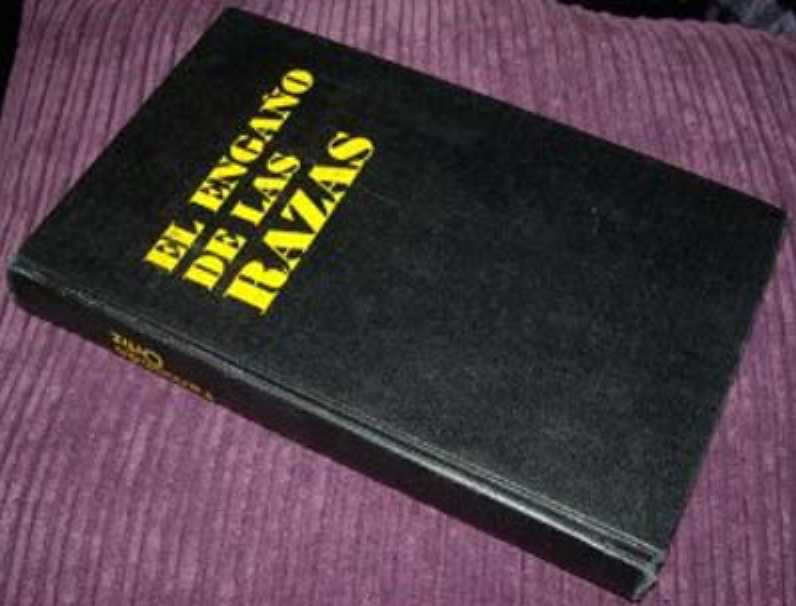4.4.2.5 The racial theme in the work of Fernando Ortiz (1881 – 1969): “The deception of races”

Fernando Ortiz’s thinking became increasingly advanced regarding the subject of race. Although his views on the subject appear in almost all of his works, he published some texts that addressed it directly, such as “Martí and the Races” (1941), in which he showcased the ethical and spiritual legacy of the Master, which he had embraced in his works.
His 1942 study, “For the Cuban Integration of Whites and Blacks,” expresses a concept of Cubanness that is incompatible with racial segregation, also deeply reminiscent of Martí. His proposal implies a moral support that goes beyond the merely racial.
“The Deception of Races,” published by Fernando Ortiz in 1946, elevates his scientific and ethical foundation on the need to abolish discrimination based on skin color at its roots. The historical context was the end of World War II, the defeat of fascism, and the doctrine of the pure race, a context also reflected in the work.
In this piece, Ortiz uses all his wisdom and his own axiology to demonstrate that there are no substantial differences between races, and that many of the concepts accumulated by humanity on the subject constitute myths that the interbreeding itself has refuted.
Their study is conclusive in that there is no temperament directly linked to race, but rather it is influenced by coexistence in social groups with certain customs and a customary cultural heritage.
According to Miguel Barnet, Ortiz “studied Black people and their values because, as a humanist and scientist, he realized it was an imperative social need. But he also studied our Aboriginal peoples and set guidelines in the analysis of ethnographic factors of our population, such as Spanish, Chinese, and Caribbean origins.”
One of the most important contributions of this work is its defense of racial integration, as Ortiz recognizes that every human being participates in some way in the racial amalgamation and, in general, the prolific nature of all cultural syncretisms. This work constitutes one of Don Fernando Ortiz’s most universal works and a reference point for the history of racial integration thought on the island.








